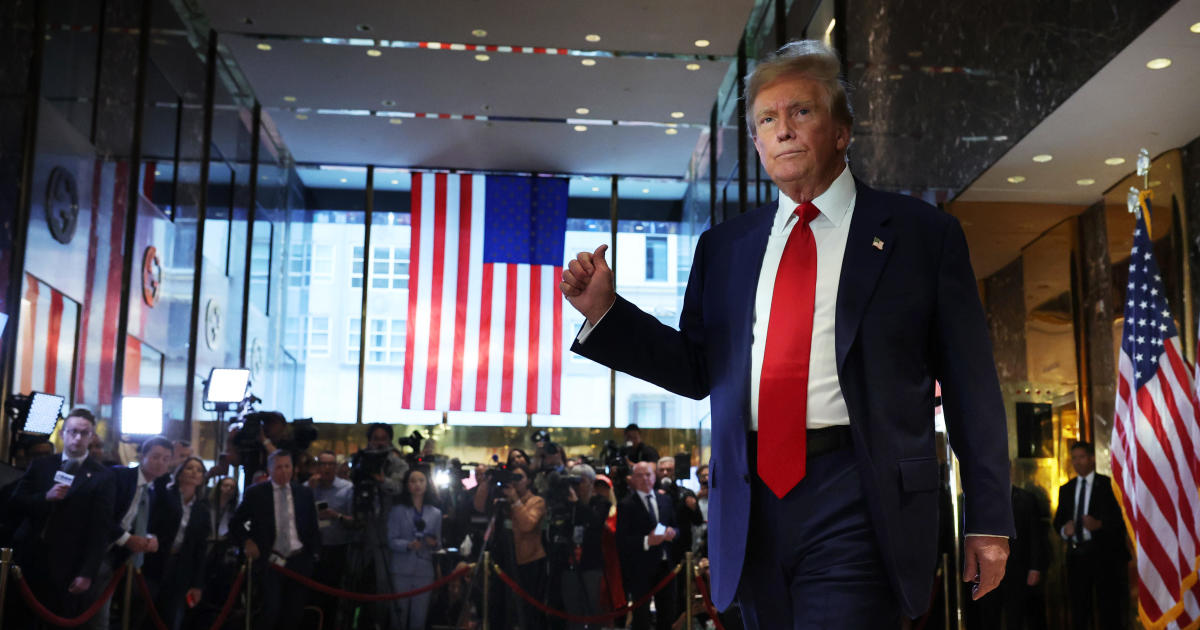The Supreme Court of the United States made a significant decision on Monday, rejecting a plea from the state of Missouri to halt the impending sentencing of former President Donald Trump in the New York “hush money” case. Missouri also sought to lift the gag order imposed in the case until after the November presidential election. This decision by the high court effectively denied Missouri’s request and dismissed a separate motion to pause Trump’s sentencing.
In an unsigned order, the Supreme Court made it clear that there were no noted dissents to their decision. Justices Clarence Thomas and Samuel Alito indicated that they would have granted Missouri’s request to file a bill of complaint, but they would not have granted the other relief sought by the state.
The case against Trump in New York stems from his conviction by a jury in May on 34 felony counts related to falsifying business records in an attempt to conceal a $130,000 payment made to adult film star Stormy Daniels before the 2016 presidential election. Despite the conviction, Trump has vowed to appeal the decision. Initially, his sentencing was scheduled for July 11, but it was postponed to September 18. Justice Juan Merchan, the judge overseeing the case, partially lifted the gag order in June, but Trump remains restricted from discussing prosecutors, court staff, and their families.
Merchan is expected to make a decision by September 6 on whether to set aside Trump’s guilty verdict based on a Supreme Court ruling that grants him immunity from federal prosecution for official acts carried out while in office. Trump’s legal team has argued that the prosecutors should not have been allowed to present evidence at trial regarding the former president’s official actions. However, Manhattan prosecutors maintain that their evidence is valid and relevant to the case.
Missouri’s Attorney General, Andrew Bailey, a Republican, filed a request to halt Trump’s sentence and temporarily lift the gag order. Bailey argued that New York prosecutors were interfering with the electoral process by imposing the gag order and moving forward with Trump’s sentencing during the campaign season. He contended that allowing New York’s actions to stand would set a dangerous precedent for future elections and could undermine the rights of voters and electors.
Bailey emphasized that Trump’s ability to campaign effectively was being impaired by the gag order, limiting his interaction with voters and potentially influencing the election outcome. He pointed out that Trump, as the Republican presidential nominee, was ahead in certain states and that the charges against him were related to non-violent offenses. Bailey urged the Supreme Court to consider the public interest in allowing all candidates to present their platforms without undue interference from legal proceedings.
On the other side, New York officials urged the Supreme Court to reject Missouri’s efforts to halt Trump’s sentencing. They argued that the state was overstepping its bounds and attempting to serve Trump’s personal interests rather than the public good. Attorney General Letitia James, a Democrat, stated that Missouri’s actions would undermine the independence of local prosecutors and set a troubling precedent for future cases.
Missouri’s push to intervene in the legal proceedings against Trump is part of a broader Republican effort to influence the outcome of the case. GOP lawmakers, including Rep. Elise Stefanik and Rep. Jim Jordan, have raised concerns about the prosecution’s motivations and have taken steps to investigate potential misconduct. Several Republican-led states supported Missouri’s bid before the Supreme Court, highlighting the gravity of the allegations against New York and the potential impact on the upcoming election.
Overall, the Supreme Court’s decision to reject Missouri’s plea marks a significant development in the ongoing legal battle surrounding former President Donald Trump. The case continues to draw attention and scrutiny from both political parties as the 2024 presidential election approaches. The outcome of this case could have far-reaching implications for future legal proceedings involving high-profile political figures.









